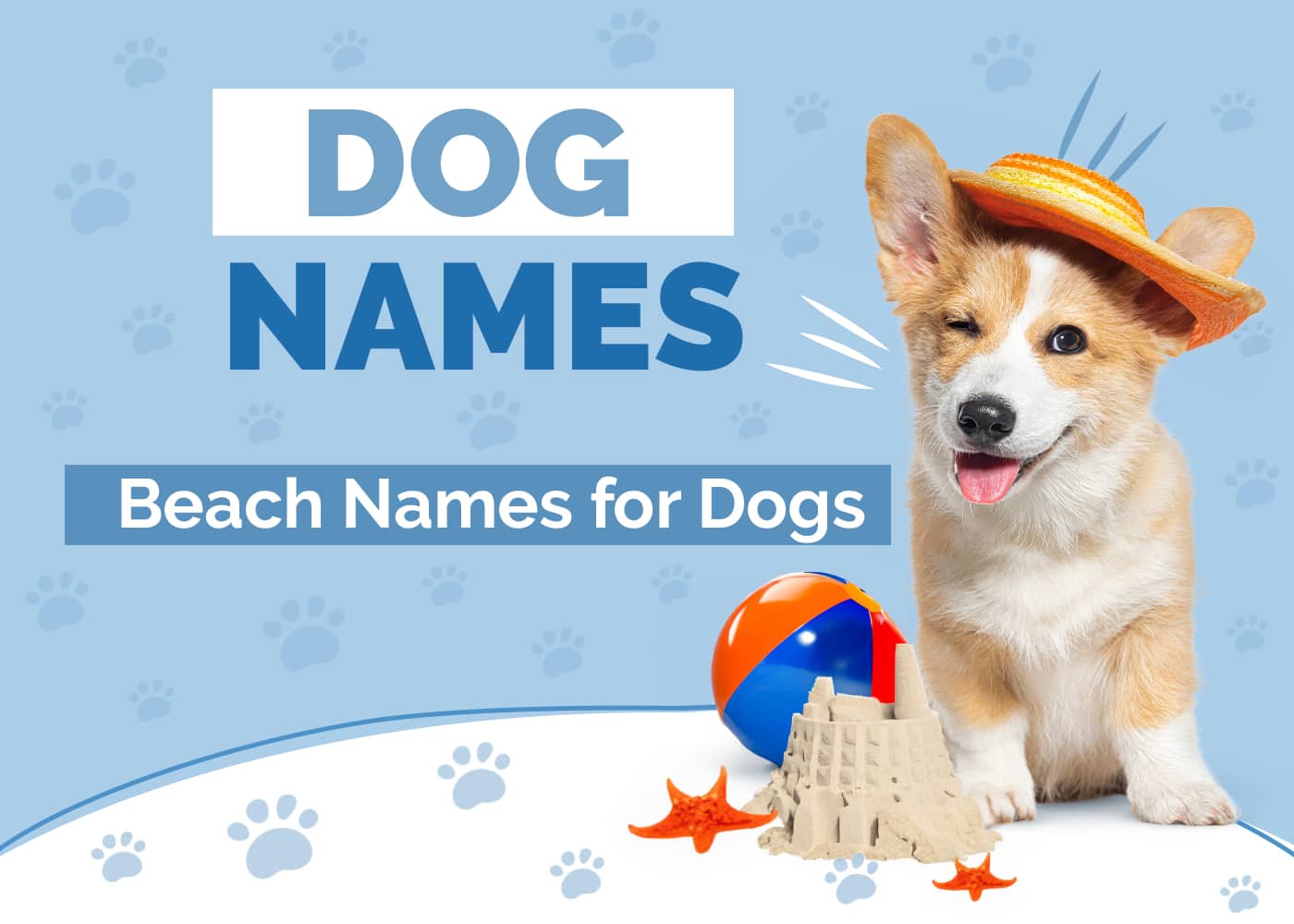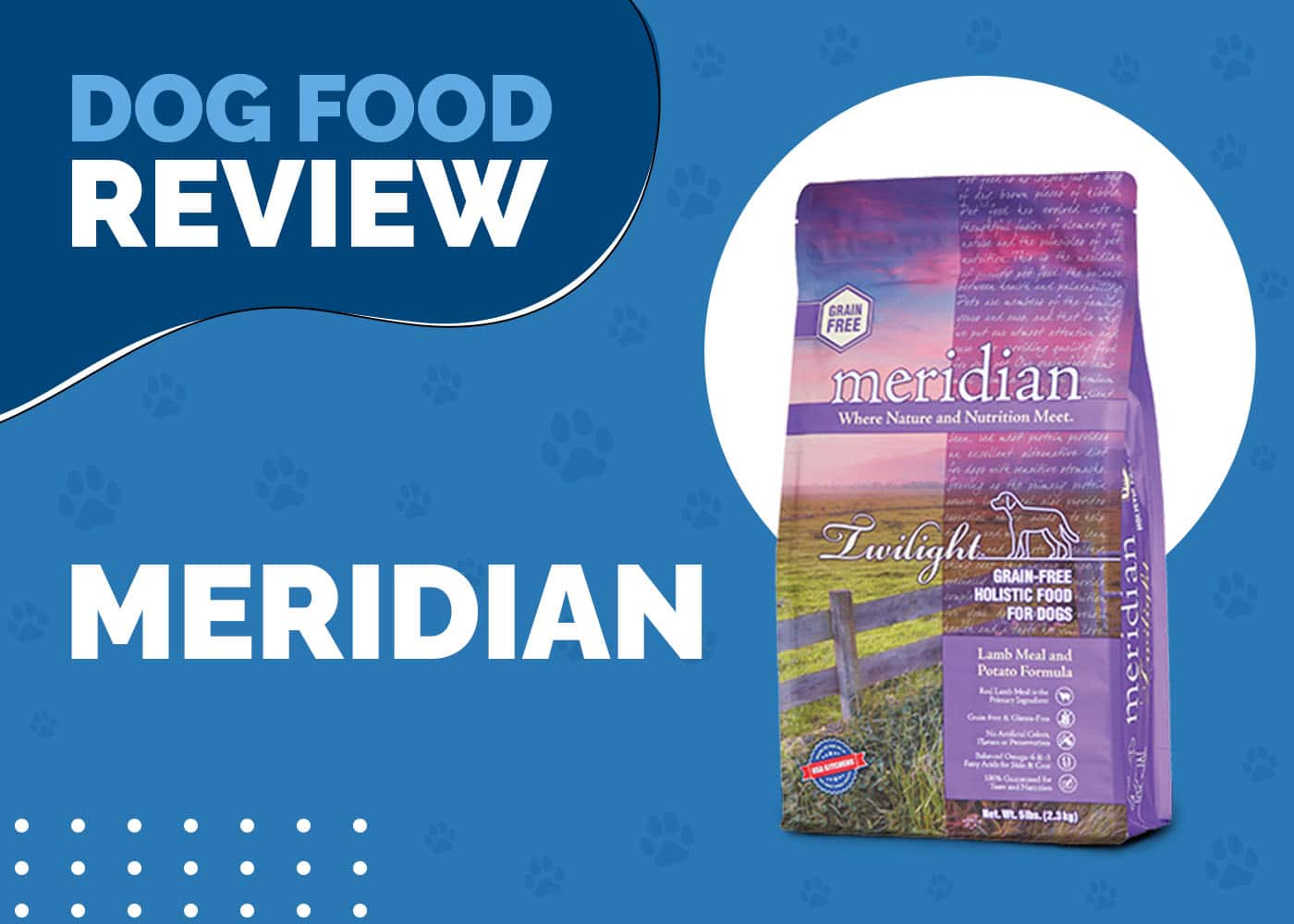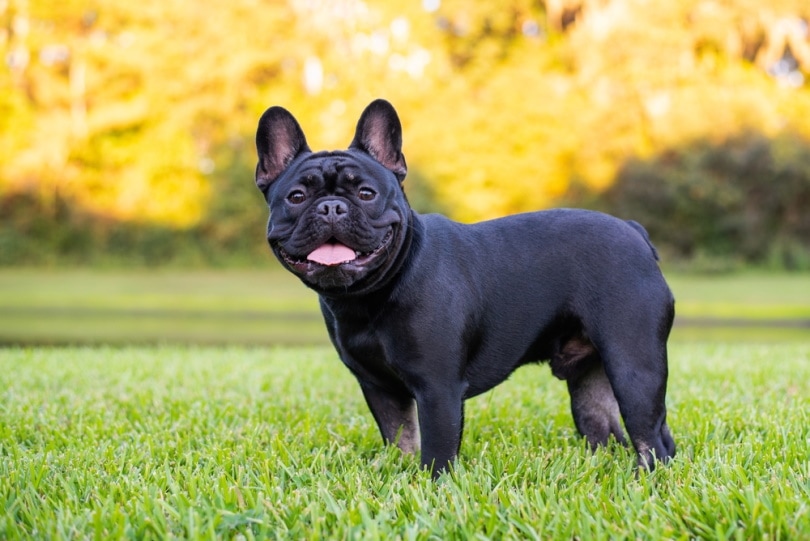Can Dogs Eat Rice Pudding? Vet Approved Facts & FAQ
By Grant Piper
Updated on
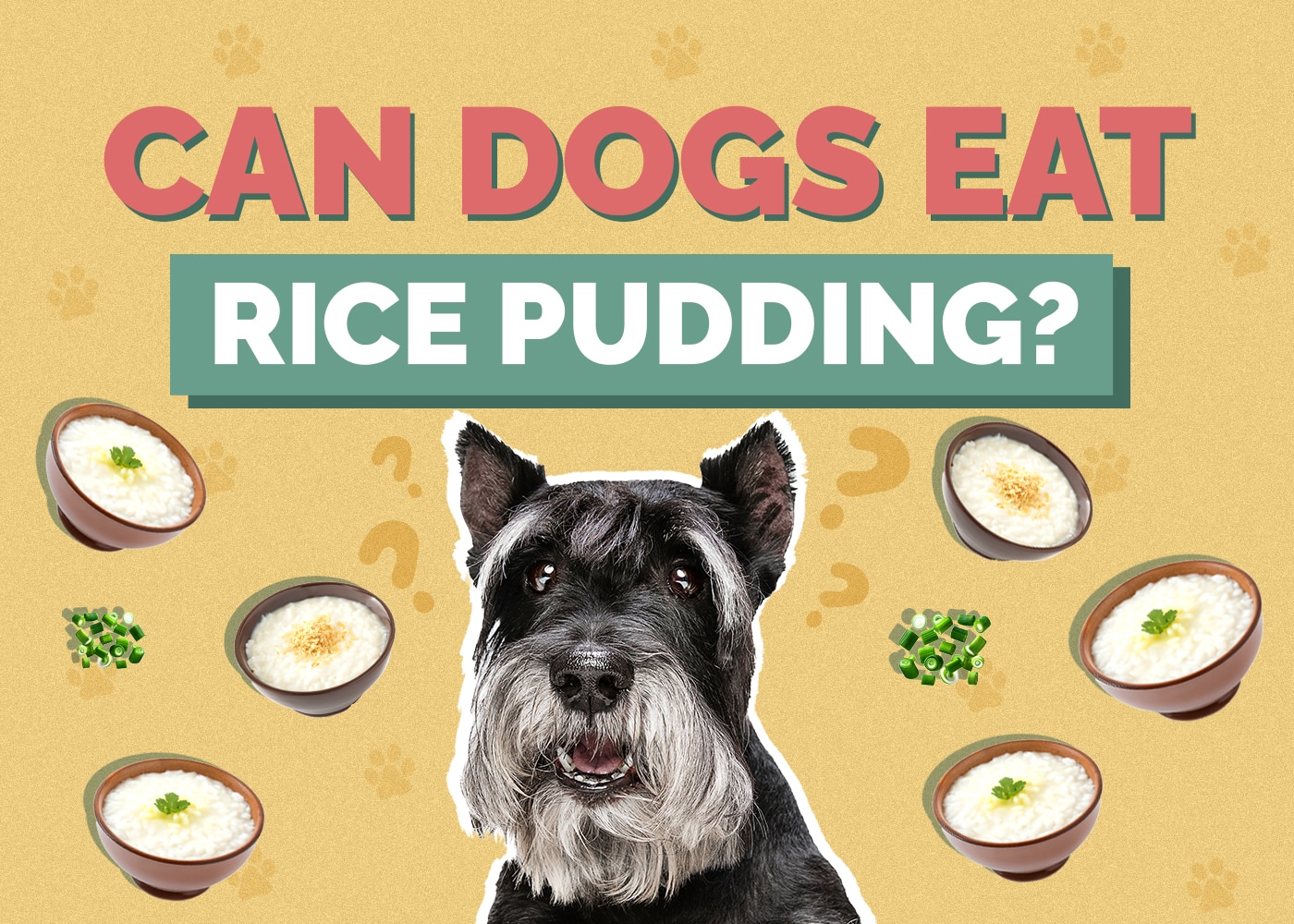
Click to Skip Ahead
Rice pudding is a sweet treat that can be prevalent in many households. Rice pudding can be a seasonal or regular dessert. But is it safe for dogs? If you look it up, opinions are split. Some people say yes, and other people say no. What is the correct answer? The truth is that dogs can eat rice pudding, but it is not healthy for them to do so. There are some toxic additions commonly used such as raisins and xylitol so if your pudding contains these, it must be kept away from your pooch.
Dogs Can Eat Rice Pudding
Yes. Dogs can eat rice pudding. It is not healthy for them, and it should not be consumed regularly or in large quantities, but it is not toxic. Rice pudding is a common dessert in some cultures, and it has a habit of appearing around the holidays when people tend to feed table scraps to dogs in large quantities.
If you see a relative feeding your dog rice pudding or if you catch your dog eating some off the counter, you should not panic. Rice pudding is not dangerous or toxic like other foods. However, you do need to be aware of some dangerous additives, such as raisins, that are occasionally added to rice pudding as these are toxic.
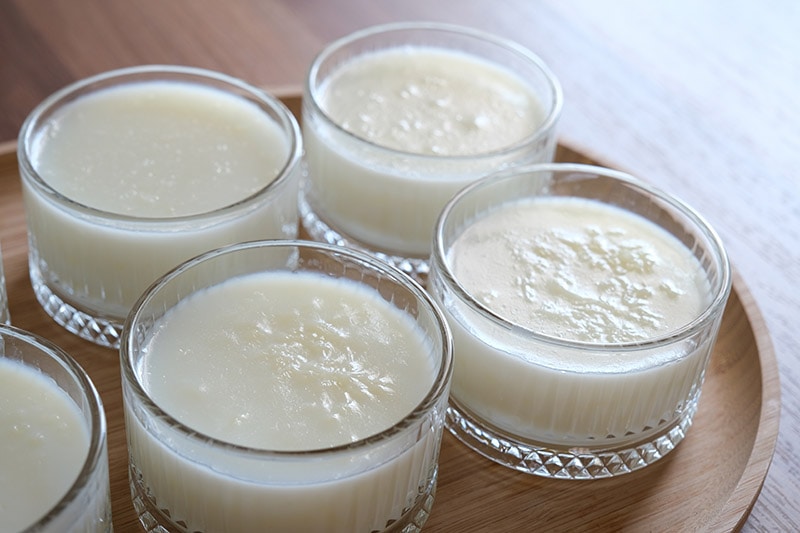
Common Rice Pudding Ingredients
Rice pudding is made from five common ingredients. None of the main ingredients in rice pudding are toxic to dogs. They are not particularly good for dogs, but they are not dangerous or harmful. The common ingredients in rice pudding include:
- White Rice
- Sugar
- Butter
- Eggs
- Cream or milk
Dogs should refrain from eating large amounts of sugar and butter. Butter is fatty, and dogs don’t need a lot of fat. They also don’t need sugar. However, the other ingredients, including white rice, water, milk, and eggs, are totally harmless to dogs. Rice pudding is a combination of all these ingredients, and the final product is dog-friendly, if not necessarily dog-healthy.
Watch for Raisins and Xylitol
One common additive in rice pudding is raisins. Raisins are toxic to dogs, so you need to be careful with rice pudding in that regard. Raisins in rice pudding are a common feature at holiday meals like Thanksgiving and Christmas. If rice pudding has raisins in it, you should absolutely not give any of it to your dog. Sometimes sugar will be switched out with xylitol as this is a better option for diabetic people. However, xylitol is toxic to dogs and must be avoided. Be sure to ask the person who brought, made, or bought the rice pudding if it has raisins or xylitol in it before giving any to your dog.
Do Not Feed Your Dog Rice Pudding Regularly
As mentioned, rice pudding is high in sugar and fat. Dogs do not need excess sugar or fat in their diet. Eating too much rice pudding in one sitting can give your dog a stomach ache and can even lead to vomiting or diarrhea. Dogs are generally lactose intolerant and for recipes that include milk, cream or butter it can cause digestive discomfort for your dog. Feeding things like rice pudding to your dog on a regular basis can lead to health issues like obesity which can drastically reduce the lifespan of your dog.
Can Dogs Eat Cinnamon?
Another common ingredient in rice pudding is cinnamon. Cinnamon is actually safe for dogs in small amounts. That means that rice pudding that does not have raisins but does have a little cinnamon is still safe for dogs. Again, cinnamon is not something that should be a staple part of your dog’s diet, but it can be ingested without worrying. Cinnamon is not toxic to dogs in small amounts.

Conclusion
Rice pudding is made up of a few simple ingredients that are mostly harmless to dogs. White rice, sugar, milk, eggs, and butter can all be consumed by dogs, even if they aren’t particularly healthy. Raisins and xylitol should be avoided at all costs since they are toxic, but raisins are an additive and not a main ingredient in rice pudding. Your dog can eat rice pudding once in a blue moon or by accident, but they should not eat it regularly or in large quantities. If you are concerned about what your pup has eaten or any signs they are showing you should contact your veterinarian for advice.



